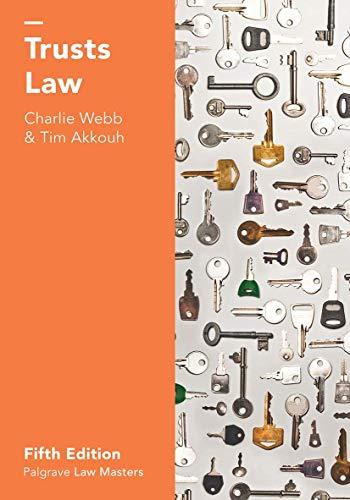Question
PART IV: CRAFTING AN ESSAY 8. Using your responses to the questions below, develop an essay describing the context of the case, explaining the reasoning
PART IV: CRAFTING AN ESSAY 8. Using your responses to the questions below, develop an essay describing the context of the case, explaining the reasoning for the majority decision, explain the reasoning of concurring [and dissenting] Supreme Court decisions, and explain similarities and differences among related Supreme Court decisions and opinions.
Bolded is the question and underlined is the background information. the essay is based of research.
Supreme Court Case Activity and Case Questions Schenck v. United States (1919)
CASE SUMMARY During World War I, Charles Schneck, a well-known socialist, created flyers which he mailed and distributed to men who were being drafted to serve in the war. He claimed the draft was unconstitutional in that it violated the Thirteenth Amendment as a form on "involuntary servitude," that the war was a fight to support the evils of capitalism, and he encouraged draftees to "not submit to the intimidation" but instead challenge the draft. He was convicted under the Espionage Act of 1917 "by causing and attempting to cause insubordination in the military and naval forces of the United States, and to obstruct the recruiting and enlistment service of the United States, when the United States was at war with the German Empire." Schneck appealed the conviction as a violation of the First Amendment's protection of the freedom of speech and of the press. Vote: Unanimous
PART I: MAPPING THE DECISION 1. What constitutional right did the leaflets produced by Schenck claim was being violated by the Conscription Act? 2. What constitutional rights did the leaflets call on draftees to exercise? 3. According to Holmes' unanimous opinion, what rights are in tension and need to be balanced in this case?
PART II: EXPLAINING THE DECISION 4. What was the decision in Schenck v. United States? 5. What was the Court's legal reasoning in the Schenck case? 6. What was the "test" established by the Courts in the Schenck case?
PART III: MAKING CONNECTIONS 7. Briefly explain other Supreme Court cases concerning issues presented in Schenk v. United States.
Step by Step Solution
There are 3 Steps involved in it
Step: 1

Get Instant Access to Expert-Tailored Solutions
See step-by-step solutions with expert insights and AI powered tools for academic success
Step: 2

Step: 3

Ace Your Homework with AI
Get the answers you need in no time with our AI-driven, step-by-step assistance
Get Started


